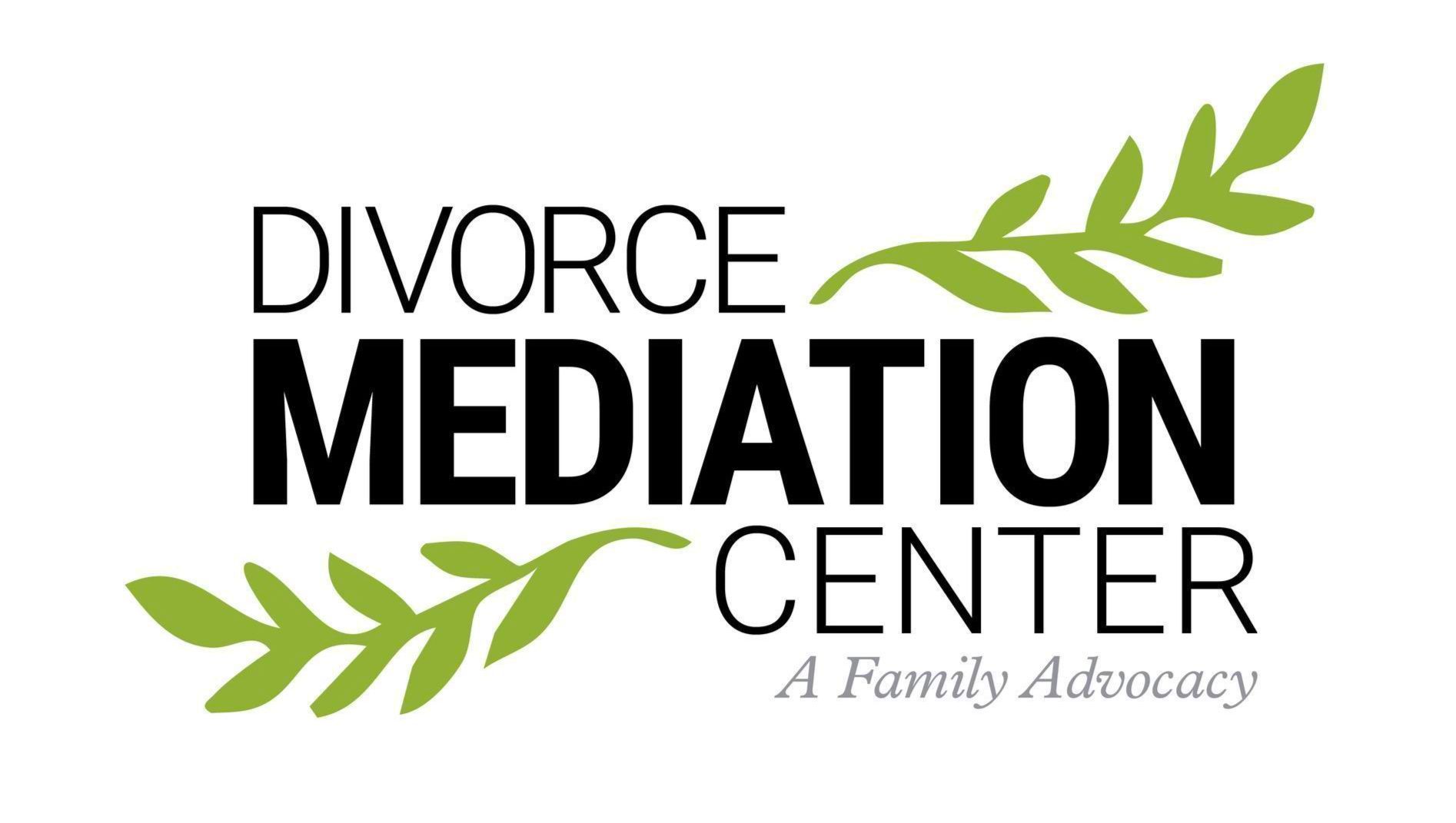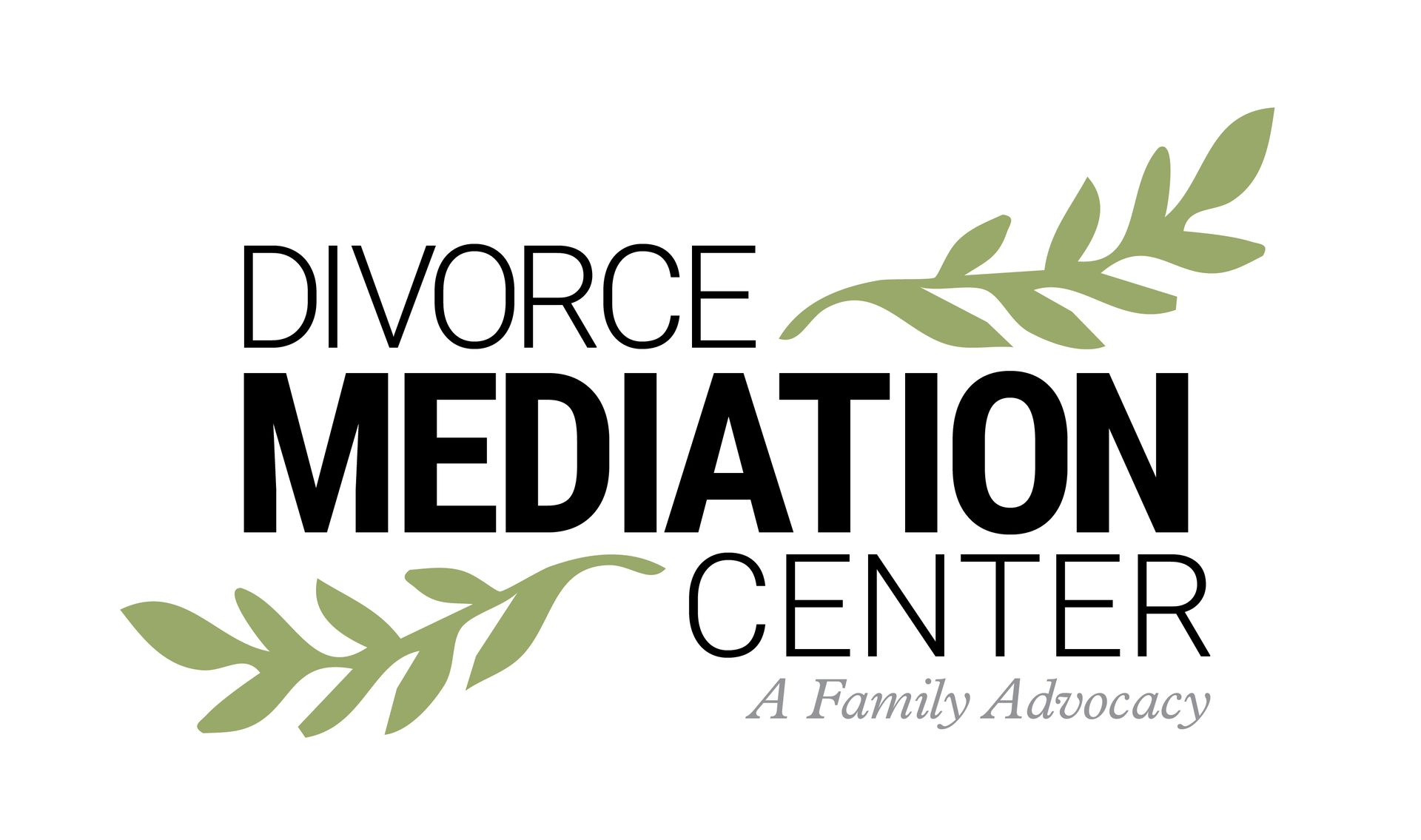Top 11 Assumptions of Divorce Court That Usually Fall Short
11 Assumptions of Divorce Court that often fall short
Divorce can be a very frustrating and painful experience due to people’s common expectations and assumptions of divorce court that usually fall short. Most of the emotional and financial wounding resulting from divorce is due to what many people assume and naively expect from the divorce court process in a variety of areas. When these common assumptions set unrealistic expectations they can have mild to severe emotional as well as financial repercussions. Let’s explore the top 11 assumptions regarding divorce court that give people unrealistic expectations for the divorce court system:
Assumption 1 : When the divorce request is filed someone has to leave the marital home immediately . This is not true. The couple either needs to agree on separate living arrangements or involve the legal process to have a Judge court order one of the partners to leave the marital home.
Assumption 2 : When a divorce is filed someone is immediately responsible for child support . This is also not true. Either the couple agrees on temporary financial issues to maintain the family obligations or they involve the legal process to have a Judge court order support.
Assumption 3 : If I state a fact in court, my word is proof enough . In a court of law, facts must be proven with tangible evidence to support them. Judges rely on hard evidence to make all decisions and usually disregard any statements or claims that aren’t supported with evidence.
Assumption 4 : The divorce should be officially finalized within about 2-3 months of filing . Depending on the method used and the professionals they hire, cases can continue well past 2-3 months and can even extend over many years if spouses engage in a high conflict, litigious process. If a family chooses to mediate their settlement, a realistic time frame can range from 2-6 months if multiple mediations are required due to complicated family assets.
Assumption 5 : There are things that the court system just ‘knows’ as common sense . A ttorneys carry a caseload average of 10-30 clients at any given time and rarely retain all of the information pertaining to a specific case. When litigating a divorce it is in the client’s best interest to keep key bullet points cleanly typed onto a brief synopsis of their case and have their attorney review them just prior to entering the courtroom. Judges see hundreds of cases per month and rarely retain any facts specific to a family’s situation.
Assumption 6 : They will have unlimited time in court to argue their case. Due to the number of cases assigned to a Judge per day, each case has a very limited time with the Judge and witnesses will usually only have a few minutes on the stand to answer the most pertinent questions of the issue at hand.
Assumption 7 : They can have an unlimited amount of witnesses . Actually, only one or two witnesses will be allowed to provide evidence to prove a point and the witness testimony must be brief and to the point. Most attorneys know this and request witness affidavits be submitted as an alternative to witness testimonials in court.
Assumption 8 : Any piece of paper they bring with them to court will be able to be admitted as evidence . There are specific guidelines as to what type of document can be submitted as evidence into the court records.
Assumption 9 : O nce something is decided on in court, mediation, or a settlement, that it cannot change. Additional legal action can result in altered court orders.
Assumption 10 : The only financial fees they are responsible for are their Attorney fees . When a party requests services of a Guardian-Ad-Litem for minor children or for the court to order a full Forensic Psychological Assessment of their spouse, the costs for these services (which can vary greatly) could range from $5000 to well over $30,000 and the family is obligated to pay for these services.
Assumption 11 : The court will “make” their spouse accountable for their “wrongdoing” and “justice” will be served with punishment . This is the biggest misconception of all when it comes to a person who feels they have been “wronged” and they want to punish their spouse. This assumption is also by far the most financially costly to the family. The Judge’s only goal and assignment is to uphold the law in regards to dividing family assets and arranging a shared parenting plan. They rarely make decisions based on unethical or immoral behavior of one of the parties. It is not uncommon for parties to perceive that their spouse will be ordered to “pay royally for their mistake” when they go to court. Court outcomes are so unpredictable, that in the end the only ones “punished” are the spouses who wasted their hard earned family funds trying to battle out moral issues in court. These long drawn out legal battles can also take a permanent toll on their future ability to have a civil co-parenting relationship post divorce if there are children involved.
Avoiding the legal divorce court arena altogether by mediating a settlement allows the family to side-step theses costly pitfalls. Mediation via Family Divorce and Mediation Centers (who offer the proper professional assistance including seasoned financial planners, mediators and attorneys) greatly enhances the family’s ability to move past divorce and into a more stable financial and emotional season of life.
Do you have a personal story that you can share regarding these issues? I would love to hear from you.
For financial settlement advice, a sample parenting plan and more tips see Transitions Divorce® Prep Workbook
Transitions Divorce® Prep Work helps guide families on preparing before filing for divorce
Disclosure of Material Connection : I have not received any compensation for writing this post. I am disclosing this in accordance with the Federal Trade Commission’s 16 CFR. Part 255: “Guides Concerning the Use of endorsements and Testimonials in Advertising.”
Disclaimer: This is my personal blog. The opinions I express here do not necessarily represent those of my organization, Transitions Resource, LLC. The information I provide is on an as-is basis. I make no representations as to accuracy, completeness, suitability, or validity of any information on this blog and will not be liable for any errors, omissions, or delays in this information or any losses, injuries, or damages arising from its use.






